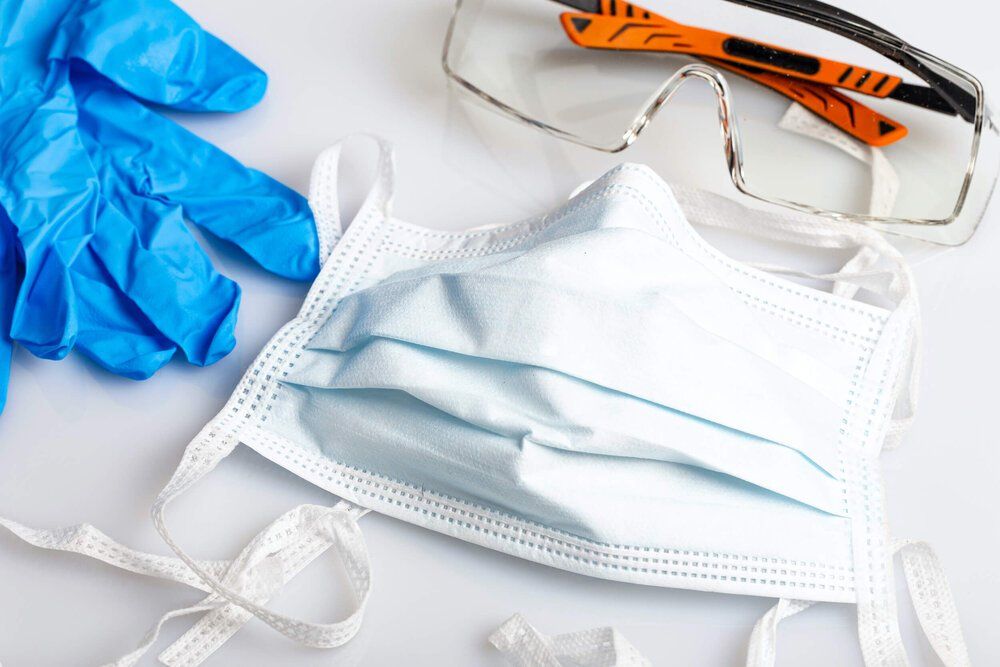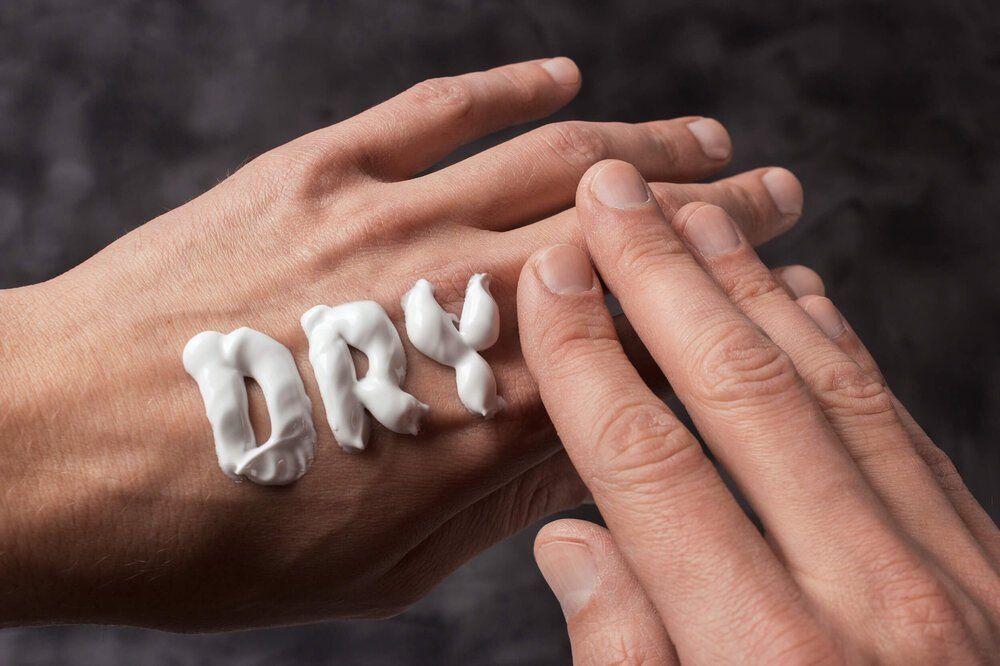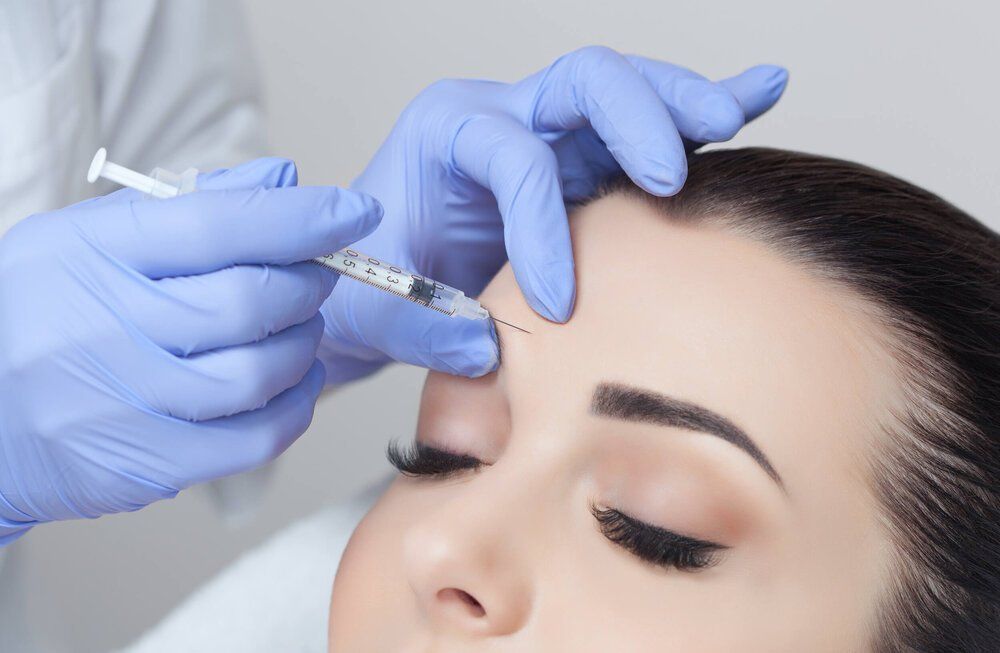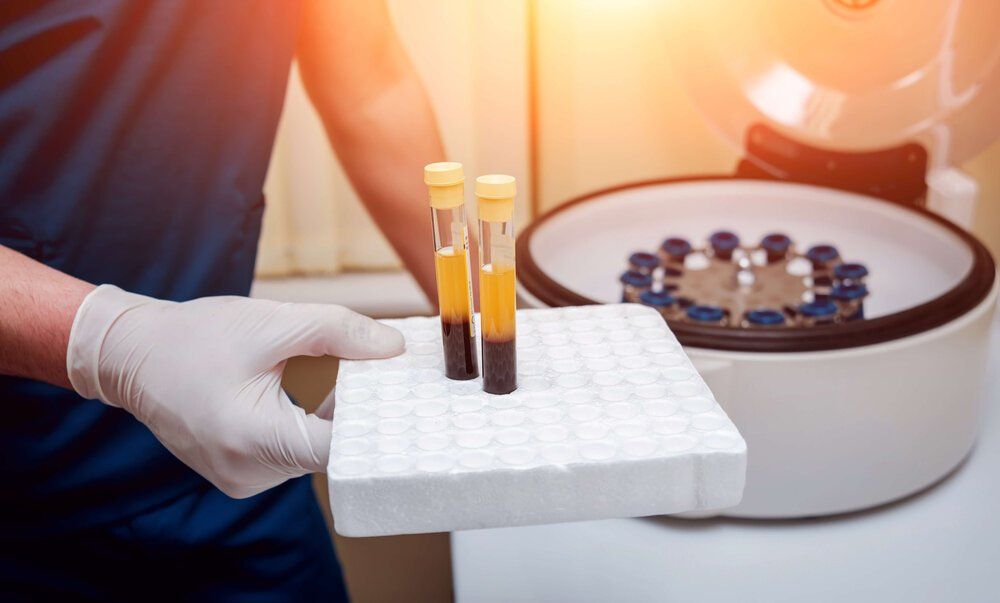Acne Advice On Pimple Popping From DC’s Top Dermatologists
January 14, 2020
Should You Pop Your Pimples?
Washington DC’s Leading Dermatologists for Acne Weigh in
All of us have woken up with a huge zit and have had to suppress the urge to pop it. But, would popping it really be that bad? Washington DC’s leading dermatologists at Integrated Dermatology weigh in on the pimple popping debate:
- Resist the urge to squeeze. As tempting as it may be, Integrated Dermatology’s Victoria Hatfield, PA-C, advises her patients not to pick at or squeeze their pimples. “The chance of scarring or an infection is not worth it,” she warns. In addition to scarring and infection, picking the skin can cause hyperpigmentation, which are red-brown discolorations at the acne sites. “Hyperpigmentation can last several weeks or even several months in darker skin types, and can be challenging to treat,” says Dr. Agnes Chang, Medical Director of Integrated Dermatology in Washington DC.
- Not all pimples pop. Dermatologist Dr. Lauren McKelroy says trying to pop something that is not a pimple is a common mistake. “People often try to pop spider angiomas or milia thinking they are pimples,” she says. “Spider angiomas are red dilated blood vessels, which do not pop and often bleed when irritated. Milia are small white bumps with no surrounding redness, which also do not pop. Picking at either of these can lead to scarring.” It is better to seek the advice of a board-certified dermatologist for skin lesions that are symptomatic or don’t seem to heal.
- If you must pop, use a Q-tip. For pustules that have formed a head and are painful, Dr. Agnes Chang says, “Gently cleanse the area. Then squeeze the pustule with a Q-tip just until the contents come out.” Dr. Chang specifies that patients should apply firm steady pressure for 3 seconds. If a pimple does not “pop” within 3 seconds, avoid the compulsion to continue the process. Continued squeezing or picking a skin lesion will only lead to increase in inflammation and ultimately makes the area look worse.
- Make an appointment. Instead of taking matters into your own hands, make an appointment with a board-certified dermatologist for a small injection. A small amount of cortisone into the pimple can speed the healing process and help it heal faster to avoid the risk of scarring. “These pimple killer shots can be so effective it can resolve a pimple as quickly as 24 hours,” says Dr. Chang.
- Offense is the best defense. If you suffer from chronic acne, it is important to make it a priority to treat the acne. Whether it is using an over-the-counter acne cream, watching your nutrition and stress level, or getting started with an effective skin care regimen, it is important to take control of your skin. Work with a skin expert to get a full assessment of your skin and come up with a good treatment plan.
Do you have questions or concerns about your acne? Contact Washington DC’s leading dermatologists to treat acne at Integrated Dermatology today to schedule a consultation.
For more tips on how to prevent and treat acne, subscribe to our email list and follow us on social media.











